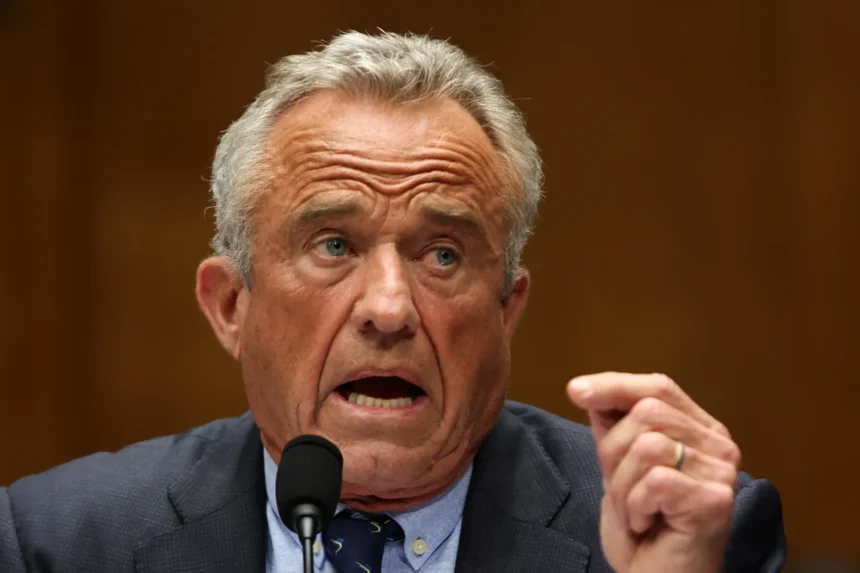
Introduction
In a disturbing development from Washington, a US government report on children’s health has come under fire for referencing fabricated studies. The report—released under the leadership of Health Secretary Robert F. Kennedy Jr.—has sparked national controversy and raised questions about the integrity of public health policymaking.
What the Report Claimed
First published on May 22, 2025, the report aimed to explore the root causes of what it called a “chronic disease crisis” among children. It listed environmental toxins, poor diet, stress, overmedicalisation, and lack of physical activity as contributors. It was issued by the Make America Healthy Again Commission and supported by an executive order from President Donald Trump.
Scholars Deny Involvement
However, multiple scholars listed in the report have stated that the studies it cites simply do not exist. Columbia University’s Dr. Guohua Li told AFP that one cited study was “totally fabricated.” His colleague Noah Kreski also denied any knowledge of the supposed research.
Other experts, including Katherine Keyes, emphasized that this kind of false citation undermines trust in government-backed science. “Citation practices are an important part of conducting and reporting rigorous science,” she told Reuters.
Political Ramifications
The Democratic National Committee criticized the Department of Health and Human Services, claiming the report was an effort to “justify policy priorities with sources that do not exist.” The White House Press Secretary defended the report as a victim of “formatting issues,” arguing that the integrity of the findings remains.
RFK Jr’s Controversial Tenure
RFK Jr., who was sworn in as Health Secretary in February 2025, has long been a controversial figure due to his views on vaccines and alternative medicine. Since taking office, he has cut thousands of jobs and proposed mandatory placebo trials for all new vaccines—moves that many experts see as scientifically regressive.
Conclusion
This incident is more than a clerical error—it reflects deeper issues within policymaking and public health discourse. With children’s well-being at stake, both accuracy and integrity in health research must be non-negotiable.


